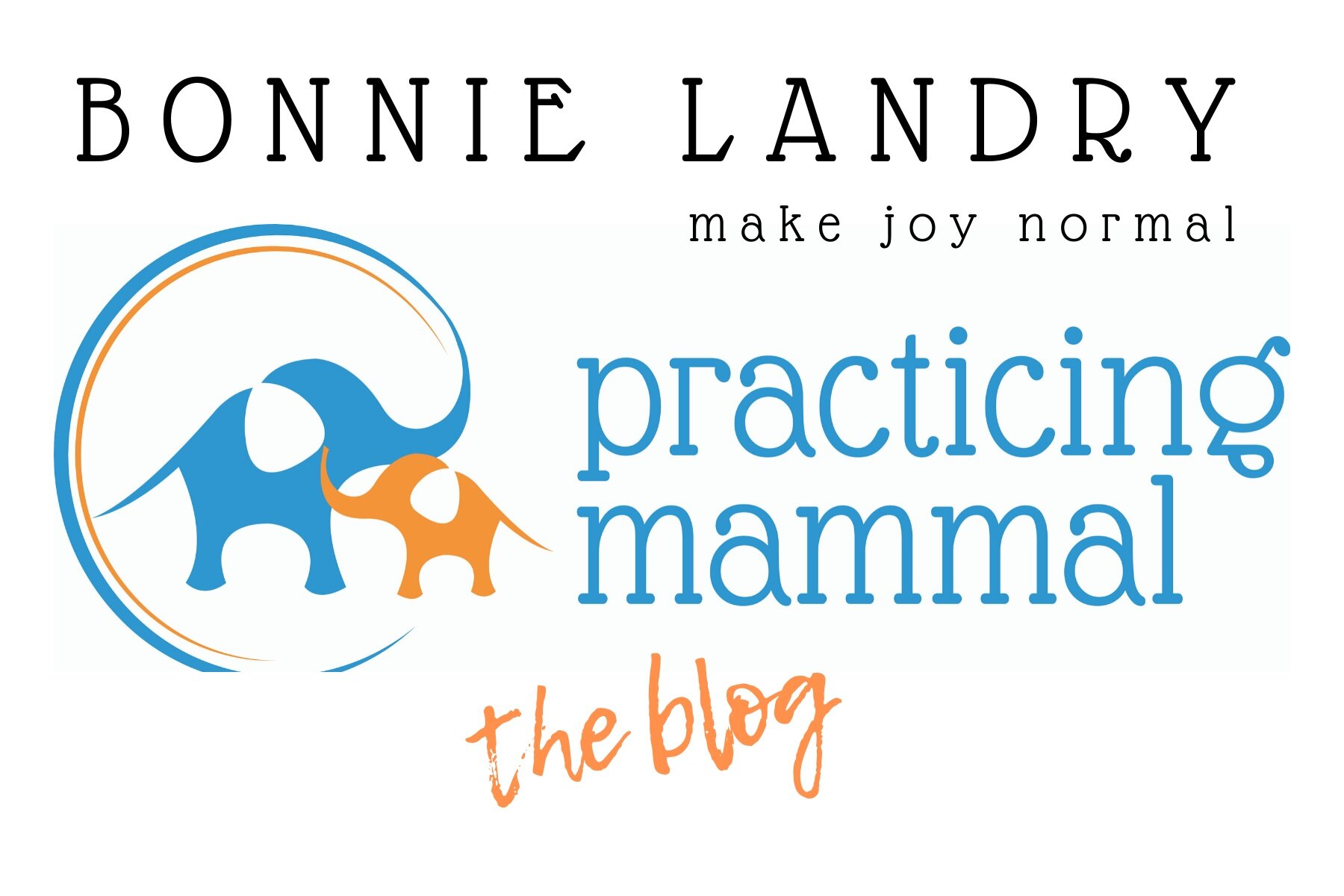low days: recognition
Back to low days. Recognizing a low day and responding to that recognition is probably the single most important way we can help ourselves. If I can’t figure out why I am feeling overwhelmed and having trouble keeping a handle on my anger, I can’t get the help I need.
To help put things in perspective, sometimes the ability to think “how would I normally respond this situation?” is a valuable question to ask ourselves. When the juice spill on the floor causes us to launch into a tirade or dissolve into tears, we can probably assume that we are overreacting. Or, more accurately, reacting against our natural inclination.
To consider whether our reaction is disproportionate to the situation.
It’s easy to spot in someone else. Especially in our children. You don’t need to freak out because your brother’s foot touched yours. You don’t need to speak impatiently when someone asks if you want to read Are You My Mother for the seventh time. Why couldn’t you just stay calm when he spilled his oatmeal on your drawing of the weapon? You have another 45 of them from yesterday.
When it becomes difficult or impossible to practice disinterested service we know that we need some help, some adjustment, some support. To be unable to extricate ourselves, our emotions from the little daily trials, to get emotionally involved in every whiny voice, every sticky hand, small bicker or stuffies that breed and multiply in every corner of our homes, is a sign of not coping well. And time to kick into action.
Sometimes just being able to tell someone else, friend, spouse, daughter even, man…am I ever in a bad mood these days. I feel really overwhelmed, just not myself, lead us to some self examination. A sounding board is a good idea. Just saying those words can be a release of some unknown tension.
The best words we can hear from the sounding board are, “is there anything I can do?”
Low days, part one
Originally published June 8, 2014

